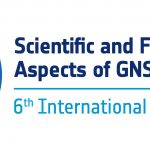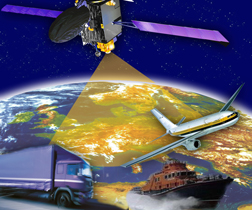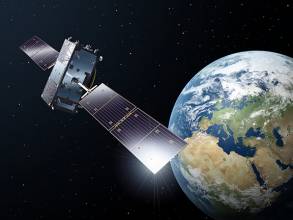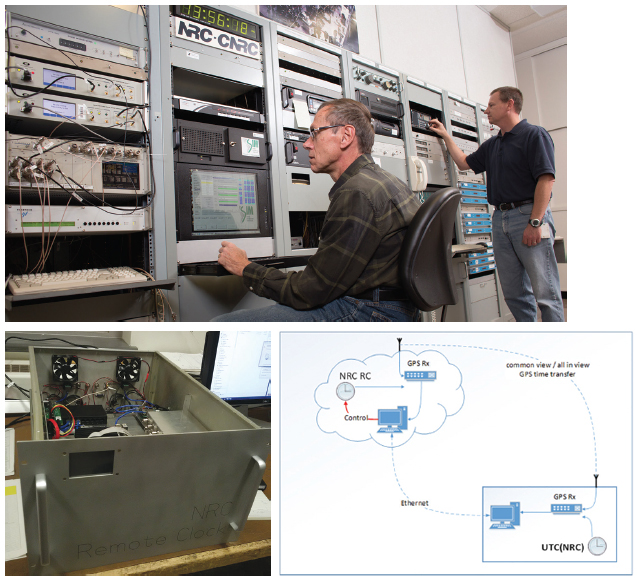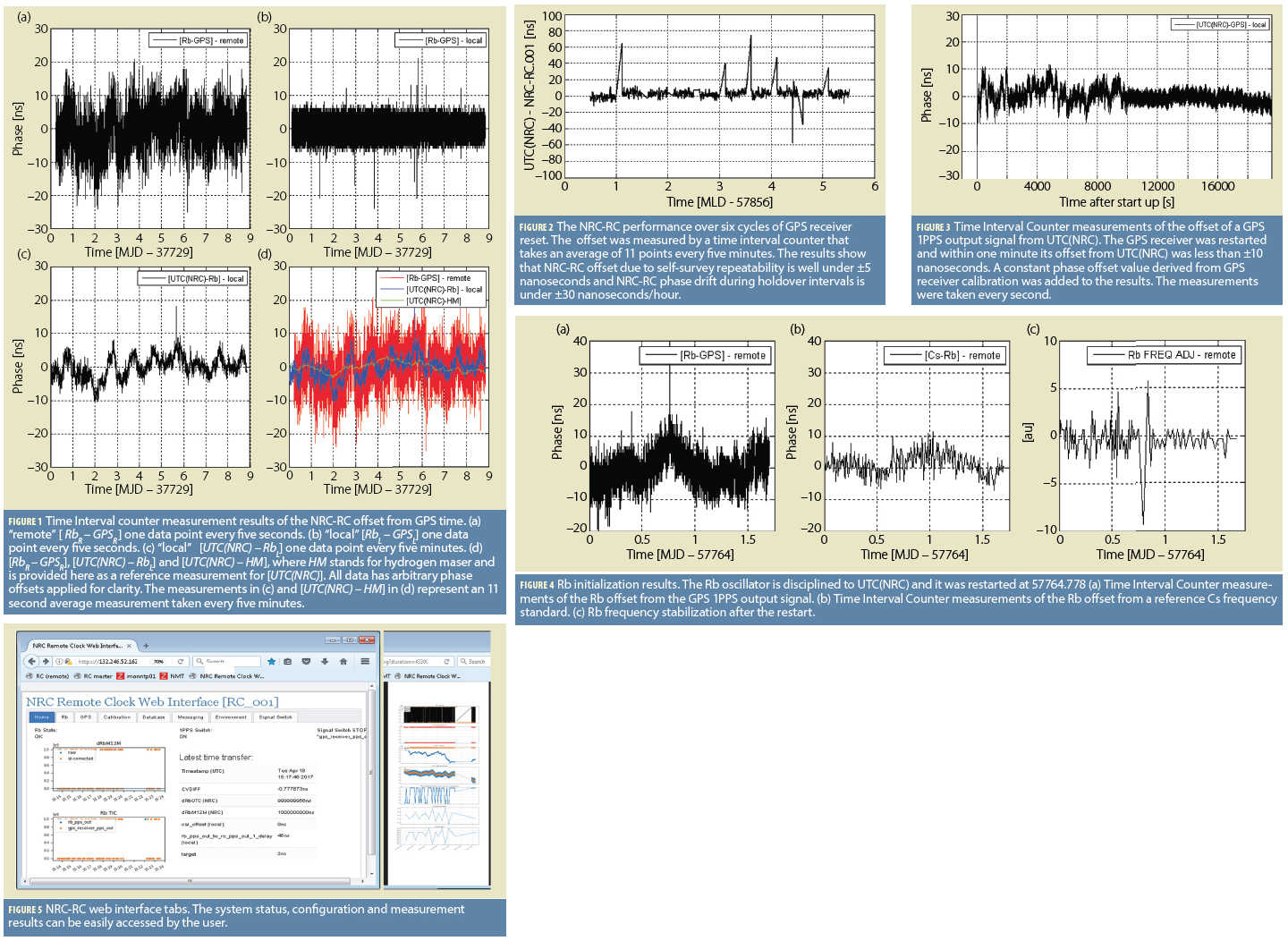Spectra Precision Introduces SP90m Multi-frequency, Multi-Application GNSS Receiver
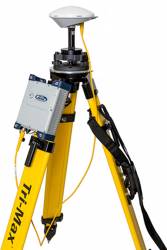 SP90m Multi-frequency, Multi-Application GNSS Receiver. Photo source: Spectra Precision
SP90m Multi-frequency, Multi-Application GNSS Receiver. Photo source: Spectra Precision Spectra Precision has introduced its new SP90m multi-frequency and multi-application GNSS receiver. The Spectra Precision SP90m is described as a powerful, versatile, ultra-rugged and reliable GNSS positioning solution for a wide variety of real-time and post-processing applications.
By Inside GNSS
